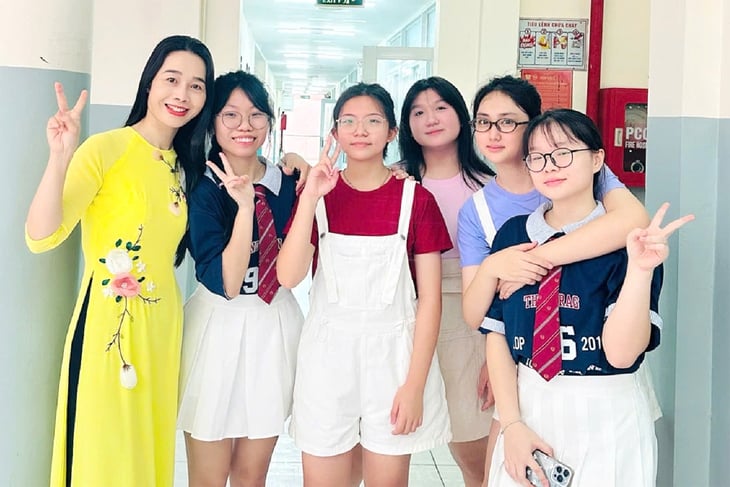
Ms. Phan Thi Huong Giang (Nguyen Du Secondary School, Ho Chi Minh City) and her homeroom students participate in extracurricular activities - Photo: Provided by Nguyen Du Secondary School
Ms. Phan Thi Huong Giang, a literature teacher at Nguyen Du Secondary School (Ben Thanh Ward, Ho Chi Minh City), said digital technology brings many advantages but also puts teachers under many new pressures.
Digital technology enters the work of the headmaster
Ms. Huong Giang said that through the online platform, connecting and handling situations with parents and students is faster. "But there are also days when I fall into a message crisis both during and outside of working hours. Online communication no longer has a boundary between work time and break time," Ms. Giang shared.
A typical situation happened the night before the first midterm exam of the 2025-2026 school year. A series of personal messages from students flew to her phone with sentences like: Teacher, what questions will be on tomorrow? Please reveal the midterm exam questions, teacher...
The homeroom teacher had to send a message to the class group like this: "Everyone, open your notebooks and review the reading, comprehension, and story analysis. Don't send any more private messages asking random questions, or I'll block your number!". Immediately, a student panicked and texted back: "Sister, don't block me. I'll send you my work later for you to correct." She had to reply with a funny icon: "Watch out, sister" (while she always calls herself "teacher" with the whole class).
That is just one of the countless situations Ms. Giang often has to deal with in the evening, a time that is usually reserved for rest and family activities. There was even a day when she had to spend a lot of time resolving a student's problem because the student thought his friend was "bad-tempered".
Meanwhile, Mr. Luu Thuan Tuan - math teacher at Binh Tan High School
(HCMC) - Another idea came up to create a chatbot to serve the homeroom teacher. The teacher said that the general psychology of parents is to want to know how their children studied last week, what their scores were, and if they made any mistakes in training. However, responding to each parent will take a lot of time.
So, from the beginning of the 2025-2026 school year, the teacher has created a chatbot to serve this purpose. Currently, the chatbot is in the final stage and when parents enter the student's personal information, the chatbot will automatically respond about the student's learning and training results for the week.
"I plan to add more information to the chatbot such as regulations on high school graduation exams and university admissions because I am the homeroom teacher of grade 12," said Mr. Tuan.
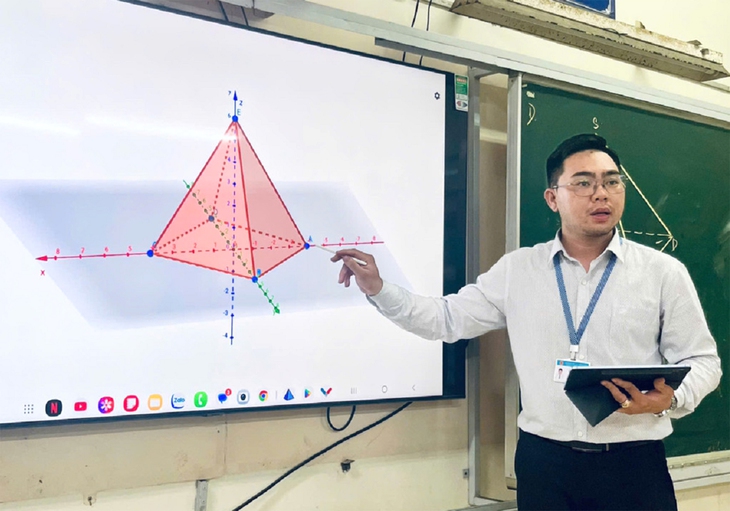
Teacher Luu Thuan Tuan (Binh Tan High School, Ho Chi Minh City) applies AI in both teaching and homeroom work - Photo: Provided by Binh Tan High School
Teaching students ethics when using AI
According to Mr. Phan Anh - a teacher at Trung Vuong Secondary School (Hanoi), it is very necessary to guide students to check the accuracy of information sources provided by artificial intelligence (AI). Although students know how to click the button to check information, in many cases, it is necessary to verify information provided by AI from different sources such as official information sites, or even check again from Google itself.
More importantly, this trains students to be skeptical and have the skills to compare and contrast. Some experienced teachers in Hanoi say that detecting whether students use AI or not when doing homework and tests is not as important as teaching students to "take advantage" of AI properly and to the right extent to create the best possible products, not just stopping at completing average exercises to cope.
"AI is getting smarter, detecting "cheating" students in many cases is difficult. Teachers need many other tools to manage students' learning through direct teaching combined with online, applying many forms of assigning tasks and testing through experience, implementing learning projects. What is more important is to show students how to best take advantage of AI," said Mr. Phan Anh.
The best way to "play" with AI in studying is when students cannot do homework, they know how to use AI to create exercises at a more suitable level. Or when they find themselves weak in content or skills, they know how to choose AI to create appropriate exercises for practice. This requires students to be proactive, wanting to acquire real knowledge, not just coping to get points.
According to Mr. Phan Anh, teachers need to arouse students' self-awareness and desire to learn in the teaching and assigning process. "Show students that using AI but not grasping the essence of the subject knowledge will only result in average results. But if you grasp and even learn the teacher's strengths such as solving math problems quickly, neatly, and beautifully or his unique style in social subjects, you will definitely have better products with a personal touch," said Mr. Anh.
According to some teachers in Hanoi, the application of technology today not only personalizes education and controls each student, but also has many advantages in testing and evaluating students in large numbers.
If in the past, checking students' previous lessons at the beginning of the class could only be done with a few students, now in just one minute, all students can be checked with their homework sheets. Likewise, technology helps monitor self-study, the progress of learning projects, and students' experiences without the need for teachers to be present at all times.
Fun Classroom with ClassDojo
At Nguyen Binh Khiem Primary School (Sai Gon Ward, Ho Chi Minh City), for many years now, Ms. Nguyen Ngoc Xuan Quynh - homeroom teacher of class 5/2 - has used the ClassDojo platform to train students' ethics and character.
With the policy of educating students in the direction of positive discipline, Ms. Quynh believes that building a classroom with positive discipline is building a place where students do not have to experience ridicule when they fail, but instead feel empowered because they have the opportunity to learn from their mistakes in a safe environment.
So at the beginning of the school year, she let students discuss in groups to create their own study rules that they wanted, then she compiled them into ClassDojo. She asked them to give themselves bonus points for positive behaviors (complete homework, positive comments...) and minus points for negative behaviors (being late to school, doing personal work during class, not napping...).
"The rules board ensures criteria for signaling if students break the rules. Every student must follow the commitment they set for themselves. As a teacher, I also have rules like you: be cheerful in class, don't frown or get angry, when students make mistakes, I will gently instruct them...", Ms. Quynh informed.
After each week, when it is time for homeroom, Ms. Quynh opens ClassDojo and the class monitor will add and subtract points into the software on the interactive board under the supervision of the whole class. At the end of the month, ClassDojo will automatically count the students who have earned bonus points and can exchange points to receive corresponding gifts that the teacher and students have agreed upon in advance.
Student Huong Thao (class 5/2) shared: "Homeroom in my class is very fun. I'm really looking forward to it but also nervous because I don't know what ClassDojo's results will be, and whether I have enough points to receive a gift or not."
Have general communication principles
In addition to regularly interacting and promptly answering questions from students and parents on the class Zalo group, Ms. Huong Giang must agree with the class on many contents when exchanging in the group. That is, it must be related to studying, class activities, sports training activities, no advertising messages, and no good morning or good evening messages. Anyone who needs to share private matters can message her directly.
With more than 20 years of teaching and working as a homeroom teacher, Ms. Huong Giang concluded: "Middle school students are in a sensitive stage of personality formation. They do not have many communication skills on social networks. Therefore, teachers need to establish clear principles to guide, avoid letting common class groups become places for gossip or conflicts between students."
Source: https://tuoitre.vn/chan-dung-giao-vien-thoi-cong-nghe-so-ky-3-day-tro-biet-loi-dung-cong-nghe-de-hoc-2025111901222694.htm



![[Photo] Lam Dong: Panoramic view of Lien Khuong waterfall rolling like never before](/_next/image?url=https%3A%2F%2Fvphoto.vietnam.vn%2Fthumb%2F1200x675%2Fvietnam%2Fresource%2FIMAGE%2F2025%2F11%2F20%2F1763633331783_lk7-jpg.webp&w=3840&q=75)


![[Photo] President Luong Cuong receives President of the Senate of the Czech Republic Milos Vystrcil](/_next/image?url=https%3A%2F%2Fvphoto.vietnam.vn%2Fthumb%2F1200x675%2Fvietnam%2Fresource%2FIMAGE%2F2025%2F11%2F20%2F1763629737266_ndo_br_1-jpg.webp&w=3840&q=75)
![[Photo] National Assembly Chairman Tran Thanh Man holds talks with South Korean National Assembly Chairman Woo Won Shik](/_next/image?url=https%3A%2F%2Fvphoto.vietnam.vn%2Fthumb%2F1200x675%2Fvietnam%2Fresource%2FIMAGE%2F2025%2F11%2F20%2F1763629724919_hq-5175-jpg.webp&w=3840&q=75)


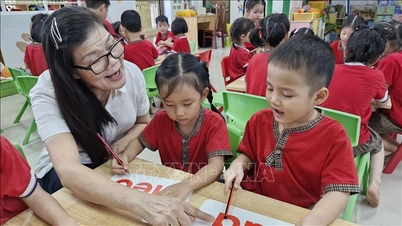
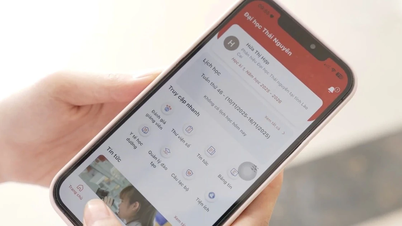



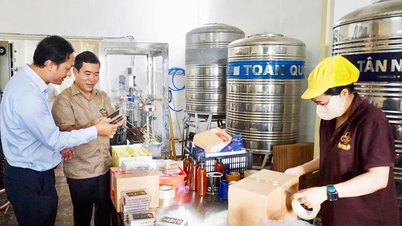


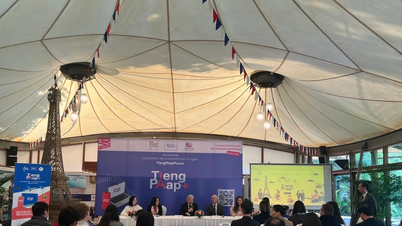

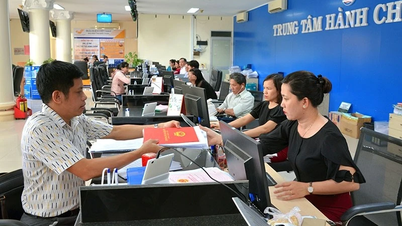
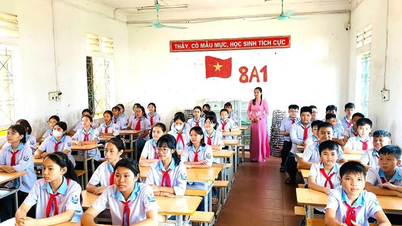


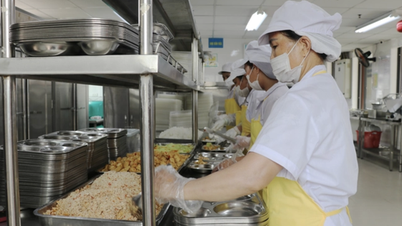










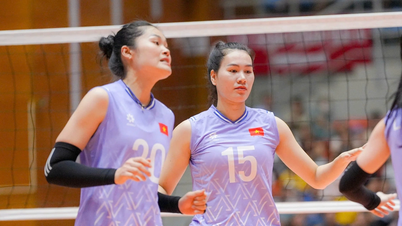
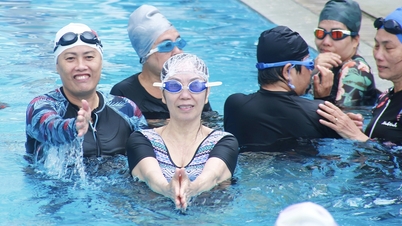














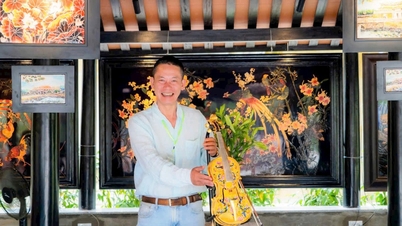
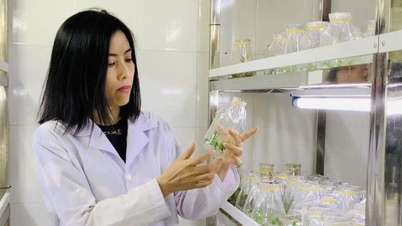
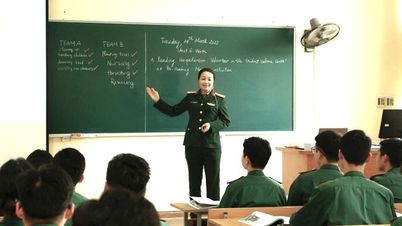




















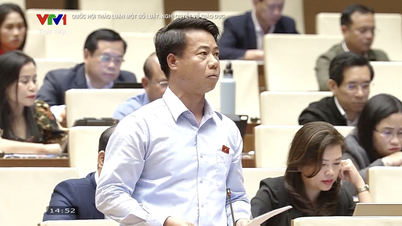






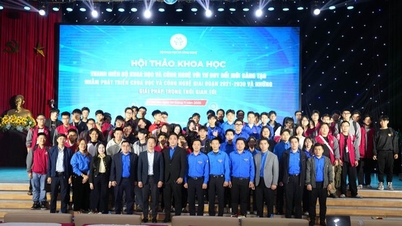

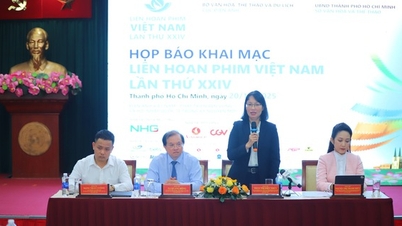




























Comment (0)